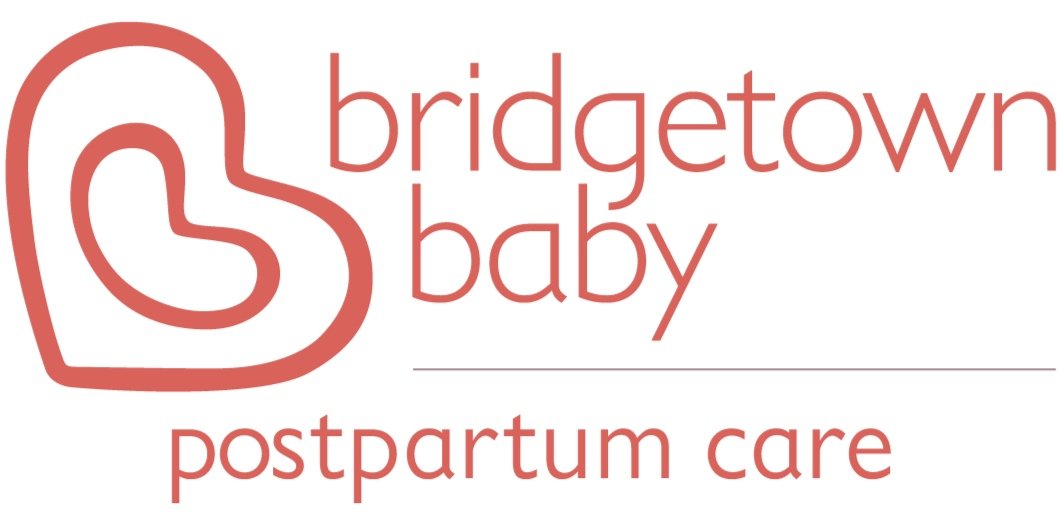Estate Planning Essentials for Families with Young Kids
by Candice Aiston, Attorney-at-Law
image courtesy of aistonlaw.com
Young families are busy! You’re raising young children and are possibly at the beginning stages of your career. Estate planning is often at the bottom of the priority list for young families—if it’s even on the list at all. But it’s worth it to bump that priority up by asking yourself a few questions that will get you thinking about why your family needs estate planning now.
Who will raise my children if I can’t?
The odds are in your favor here, but there is a chance that something could happen to you and your spouse. If that happens, who will raise your children? Will anyone step up? Will there be a fight among your families about who raises them? You can avoid all of this trauma for your children by naming a guardian in your will. Remember, assuming guardianship of minor children is a major responsibility. Be sure to ask your preferred guardian if they would be willing to take over the responsibility first.
How will my money and property be left to my children?
If you do not have an estate plan in place, upon your death, your children who are under 18 would inherit their share of your estate and it would be held in trust in their name. Your children would then have access to those assets at age 18. Most parents think that leaving money to an 18-year-old would be a bad idea. You can control this by specifying in your will that your child’s inheritance should be held in trust for them until age 25, for example. A Special Needs Trust is an equally vital tool if your child has disabilities to ensure the inheritance you are leaving behind for him or her does not prevent them from receiving key public benefits such as Medicaid.
What happens to my family if one of us becomes incapacitated?
It’s not pleasant to think about, but what happens to your children and your spouse if you become incapacitated? With an estate plan, you and your spouse will create powers of attorney. These documents will allow someone that you name to act on your behalf for medical and financial matters. Usually, people pick their spouse to serve, but you might choose to ask others. Having these documents in place means that bills will continue to be paid and that someone who knows you well can make medical decisions that you would have made on your own if you could.
Parents — you can take steps to protect your family, even while your kids are young. Once you’ve done so, you’ll experience a sense of peace that you didn’t even know you were missing.
I’ll tell you more about protecting your family and your assets at the Nurturing Circle at Bridgetown Baby on October 19th (recording available later upon request). Bring your questions about estate planning—wills, trusts, naming guardians—I’ll be there to answer it all!
Candice Aiston is an attorney, parent, writer, outdoor adventurer and RV-conversion-enthusiast living and working in Portland. You can reach out to Candice with your questions - through a FREE 30-minute consultation, special for Bridgetown Baby families - via her website.

